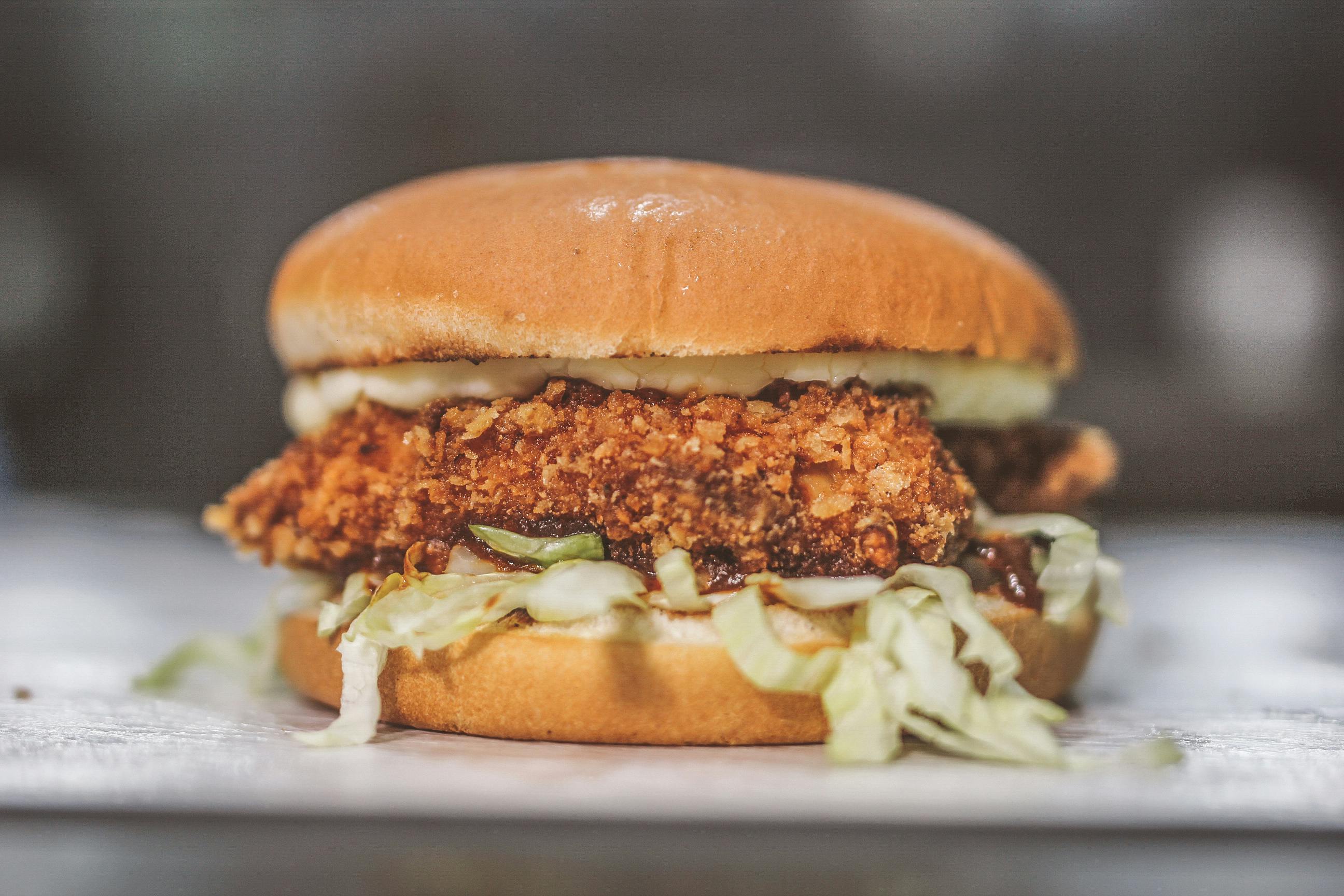
Effective Ways to Clean a Dutch Oven for Better Maintenance in 2025
Cleaning a Dutch oven is essential for maintaining its longevity and performance in your kitchen. As one of the most versatile cookware pieces, a Dutch oven can endure numerous cooking adventures, from baking bread to slow-cooking stews. However, improper care can lead to stains, residue buildup, and diminished cooking quality. In this article, we will explore effective methods to clean and maintain your Dutch oven, ensuring it continues to serve you well for years to come.
By understanding the best practices for cleaning a Dutch oven, you can remove stubborn stains, avoid damage, and keep its finish looking pristine. This guide will detail the benefits of cleaning, essential tools and products you need, and step-by-step cleaning techniques that cater to both enameled and cast iron Dutch ovens. Additionally, we'll cover how to prevent rust and improve your cooking experience by keeping your Dutch oven in tip-top shape.
Let's dive into the world of Dutch oven care, ensuring your beloved cookware remains a staple in your kitchen.
Essential Techniques for Cleaning Dutch Ovens
Building on the introduction to Dutch oven care, let's discuss some essential techniques for cleaning your Dutch oven effectively. These methods will help you understand how to clean a Dutch oven without causing damage while ensuring your cookware maintains its integrity.
Understanding Cleaning Requirements for Dutch Ovens
To effectively clean a Dutch oven, it's crucial to know the material of your cookware. Enameled Dutch ovens require different care compared to cast iron Dutch ovens. For enameled versions, avoid using metal utensils that could scratch the finish. Use soft sponges or cloths instead. Where cast iron is concerned, avoiding soap is a critical rule, as it can strip the seasoning.
Best Cleaning Products for Your Dutch Oven
When it comes to recommended cleaners, look for non-toxic options that are safe for food preparation. Baking soda and vinegar are excellent natural cleaners that help break down grease and food residues. For stubborn stains, creating a paste of baking soda and water can effectively lift stains without abrasive scrubbing.
Step-by-Step Cleaning Process
Start by adding warm water and a few drops of dish soap (if using enameled Dutch ovens) to your pot. Allow it to soak for about 15 minutes. For cast iron, skip the soap and simply use hot water. Next, scrub gently with a non-abrasive sponge or a silicone scrubber. Rinse thoroughly and dry immediately to prevent rust. If you're removing burnt food, a mixture of vinegar and water can help dissolve the stubborn spots.
Common Mistakes to Avoid When Cleaning a Dutch Oven
With these cleaning techniques outlined, it's vital to address common mistakes that can damage your Dutch oven. Avoiding these pitfalls will enhance your cleaning routine and extend the lifespan of your cookware.
Avoiding Soap on Cast Iron Dutch Ovens
Using soap on a cast iron Dutch oven can remove the seasoning, which is essential for non-stick cooking. Instead, focus on using hot water and a sturdy scrub brush. If soap is necessary for cleaning, re-season your Dutch oven afterward to prevent future sticking.
Using Abrasive Cleaners or Scrubby Pads
Heavy-duty scrubbers can scratch the enamel of your Dutch oven. Opt for gentler options like soft sponges designed for delicate cookware. This approach will protect the finish and extend its life.
Ineffective Drying Methods
After washing, failing to dry your Dutch oven properly can result in rust, especially for cast iron. Use a clean towel to dry immediately after rinsing or place it on a low heat burner for a few minutes. This ensures all moisture evaporates before storage.
Deep Cleaning Tips for Stains and Burnt Food
If you find yourself dealing with persistent stains or burnt food residues, deep cleaning your Dutch oven is the way forward. These tips will guide you through the process safely and effectively.
Using Baking Soda for Stain Removal
Baking soda is often touted as a miracle cleaning agent. To use it on a stained Dutch oven, sprinkle a generous amount over the affected area and add a little water to form a paste. Let it sit for a few hours or overnight if the stains are severe. Rinse with clear water afterward for a fresh surface.
Vinegar Applications for Deep Cleaning
Vinegar can tackle not only stains but also tough burnt food. Fill the Dutch oven with equal parts vinegar and water, bringing it to a boil. Once boiling, allow it to cool before scrubbing with a soft sponge. Always rinse thoroughly to avoid lingering vinegar smell.
Preventing Future Stains and Damage
To reduce the likelihood of future stains, always use utensils suitable for your Dutch oven's material. Learning how to safely wash your Dutch oven after every use is essential for maintaining its quality. For enameled pots, consider drying them with a towel, while cast iron pots can be seasoned after washing to help prevent sticking.
Maintaining Your Dutch Oven for Longevity
Having discussed cleaning techniques, it's also important to highlight the role of proper maintenance in enhancing the durability of your Dutch oven. Here are some vital maintenance tips.
How to Properly Care for Your Dutch Oven
Proper Dutch oven care involves regular cleaning, but also ensuring that it is used correctly. For dutch ovens, consider the types of dishes you prepare, as some foods can demand more rigorous cleaning afterward. Regular maintenance includes re-seasoning cast iron Dutch ovens and ridding the enamels of heavy grease build-up.
Importance of Cleaning After Use
Cleaning your Dutch oven after each use is crucial to prevent food residue from hardening and staining. Always wash it shortly after cooking, using the appropriate methods, depending on whether it’s enameled or cast iron.
Recommended Products for Dutch Oven Maintenance
Investing in the right cleaning supplies can make a big difference in your Dutch oven maintenance routine. Scrub brushes specifically designed for Dutch ovens, along with non-toxic cleaning agents, can help ensure your cookware remains in excellent condition. Always read product labels to ensure compatibility with your Dutch oven.
Q&A: Common Questions Regarding Dutch Oven Care
How often should I clean my Dutch oven?
It's best to clean your Dutch oven every time you finish cooking, using appropriate cleaning methods depending on the material.
Can I use steel wool on my Dutch oven?
No, steel wool can scratch the surface of your Dutch oven. Always opt for non-abrasive scrubbers.
How do I prevent rust on my cast iron Dutch oven?
To prevent rust, ensure you dry your Dutch oven immediately after washing and re-season it regularly.

 ```
```